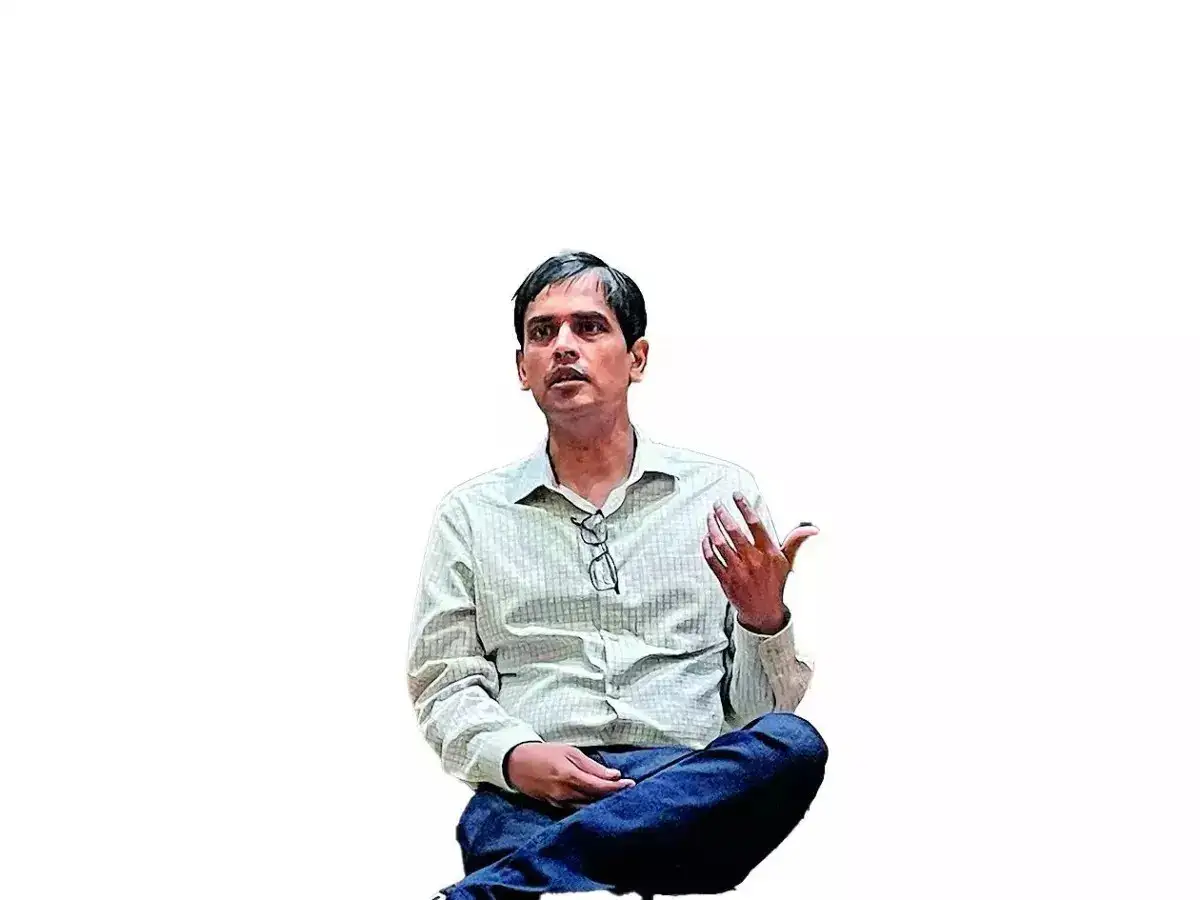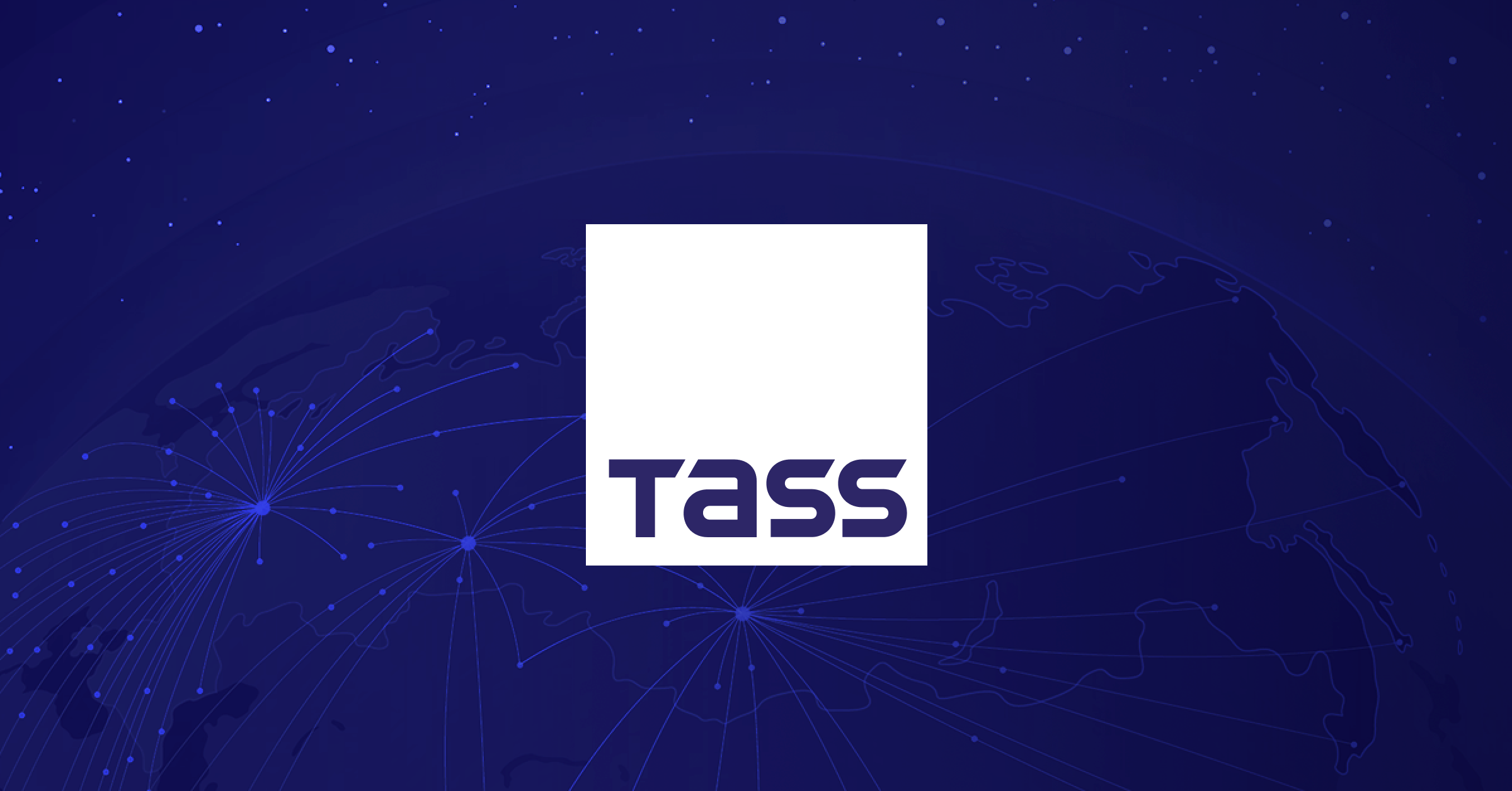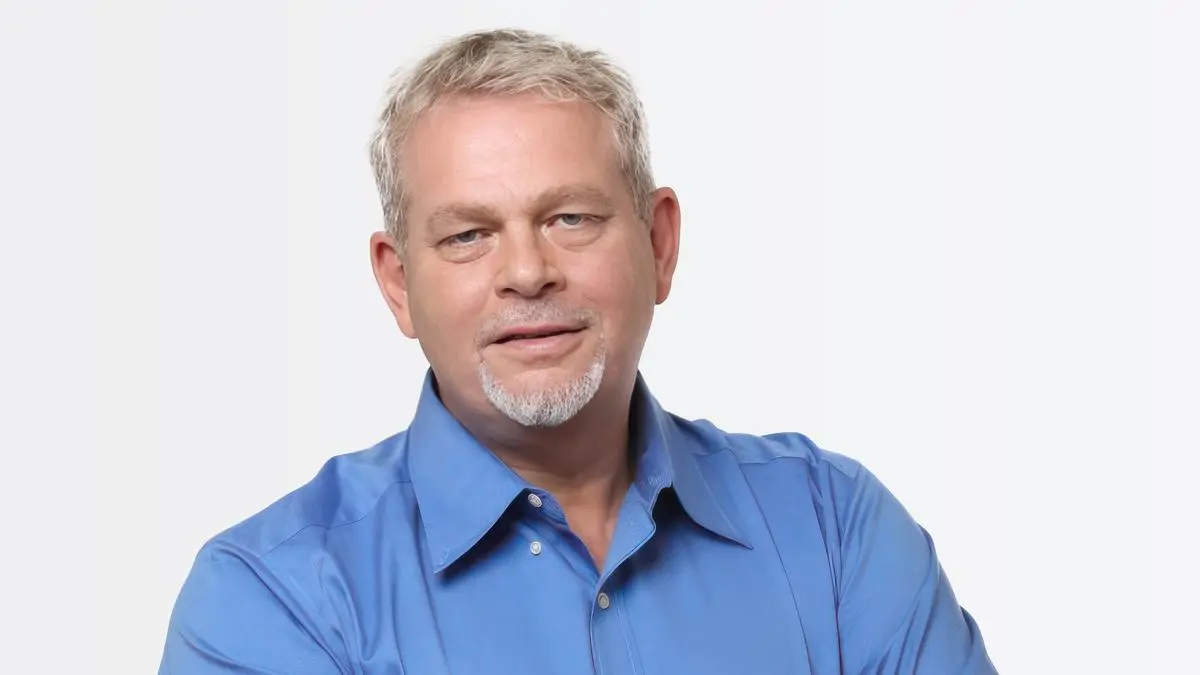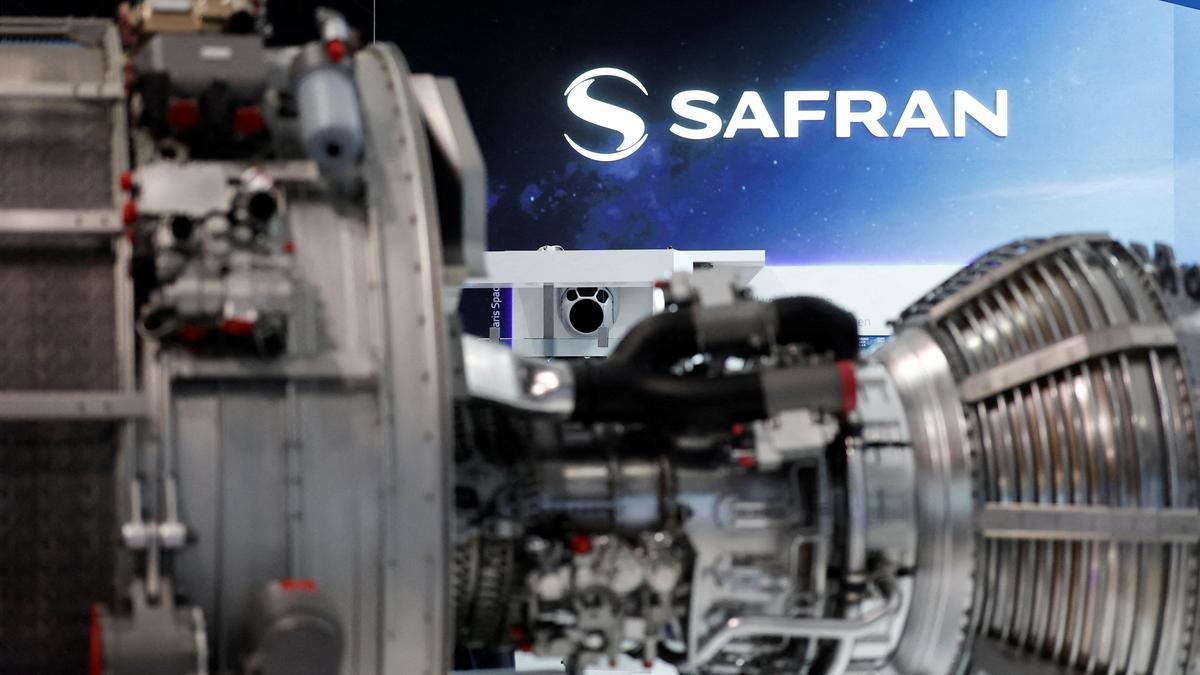Copyright indiatimes

India is OpenAI's second largest market in terms of users, fastest growing and among the top five in terms of developer usage, and the company is now building products in the country, which can be replicated and scaled up globally, Srinivas Narayanan, global chief technology officer, B2B applications of OpenAI told ET in an interview. “I think India is leading in many ways on what is possible with AI.” He explained that as a country with a diverse set of use cases, and many different needs, the company is exploring ways to partner with the locals and create a playbook that can be applied more broadly in global markets as well.“We are also announcing a very culturally and historically focused data set called IndQA. We want that to be a playbook for how we replicate this for all over the world,” he said. IndQA is a new benchmark to evaluate how AI models are good at Indian languages and developed in partnership with 250 experts across 12 languages. OpenAI, which burst onto the global scene in November of 2022 with the launch of ChatGPT is valued at $500 billion and has been leading multi-billion deals with the likes of Nvidia, AMD, Oracle, AWS among others. Answering questions on return of investments on the massive investments going in AI and worry of a bubble building up, Narayanan said AI will hopefully drive the biggest economic growth, "We are in the very early stages of probably the most important technological revolution of our lifetimes, I think talks of RoI and bubbles are just too early. Just look at the last few years and how much AI has delivered value, how fast these products have grown. Everything is unprecedented. And so that shows you the promise.”The race for supremacy in the AI world has led to a massive talent war with rivals such as Meta offering $100 million pay packages to AI engineers. Narayanan said that it is highly competitive and finding the best talent is a challenge. The company, which announced an India office August is also looking to put together a team in India, however it will be a lean team to start with. After reports that OpenAI is planning to go public with a $1 trillion valuation in 2026, Narayanan said that they "have nothing to share" and it has recently announced a recapitalization of OpenAI, which was originally founded as a non-profit entity in 2015. After an agressive bid to woo Indian consumers with competitive and free offerings, OpenAI is also also narrowing its focus to increase its enterprise play which includes startups. Srinivas said that it is a huge opportunity for the company. “We have models that are winning Math Olympiads and coding competitions. They are at the forefront of intellectual abilities,” he said. However, there is a gap as businesses haven't completely transformed. “I think there are some interesting opportunities and challenges for us to solve through partnerships with businesses,” he said.This comes as amid intense competition from the likes Anthropic and Google, which are upping their enterprise AI play.According to a recent report from Menlo Ventures, OpenAI’s API market share in the enterprise segment has come down from 50% in 2023 to 25% as of July, with Anthropic and Google gaining. While he did not comment on the numbers, Narayanan said that they have seen tremendous growth in API use over the past year, with about five million people developing on the platform.“Competition, of course, is going to be there. It just tells you that this is a massive opportunity for everybody. There are other companies innovating like we are and that is a good thing,” he said.The advent of large language models and coding tools such as Codex are also challenging business models for large software services companies. Narayanan explained that there will be shifts in jobs and what it means to be an engineer will fundamentally change. “Everybody has to go from being an engineer to being a CEO. What that means is that you have to think less about how you do something, because AI is helping you with how to do it. You can dream bigger about what you want to do and what you want to accomplish,” he highlighted.OpenAI’s key focus also includes creating an infrastructure for India, both for the local usage, and also for hosting applications in the country that can be used worldwide. “AI is going to need a lot of infrastructure. We've announced lots of partnerships with Nvidia and AMD and we are always looking to partner with them,” he said without sharing specifics.



